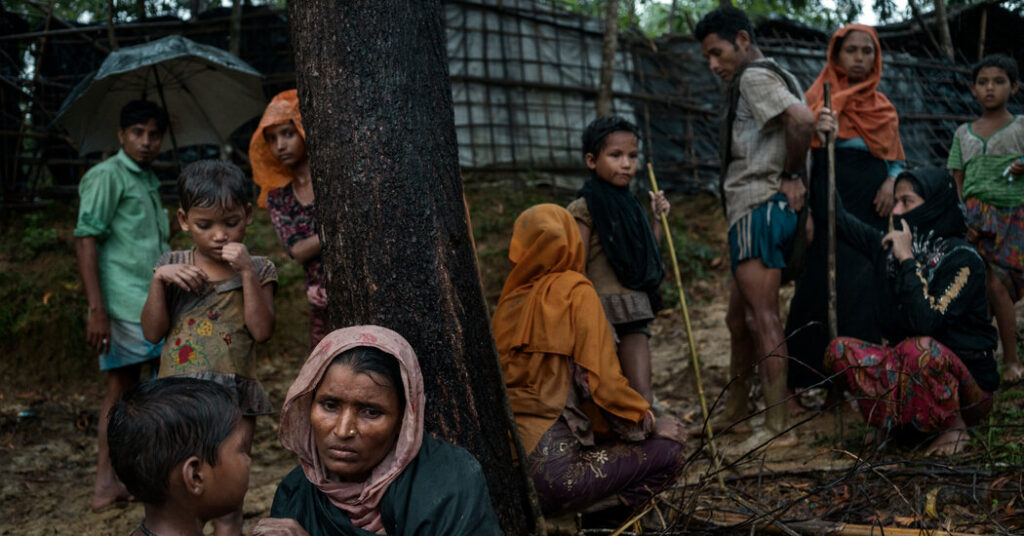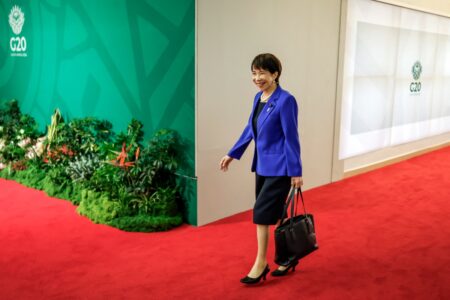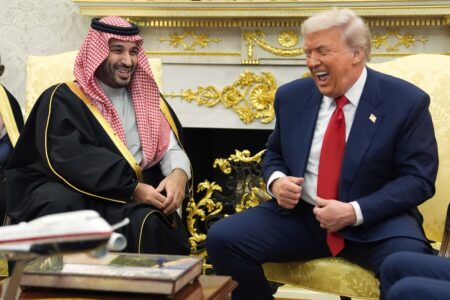They live in the worldÔÇÖs largest collection of refugee camps, which they are rarely allowed to leave. Their shops there have been bulldozed and their schools closed. In their homeland, warring factions seem to agree only on a shared contempt for the stateless exiles.
Eight years after hundreds of thousands of Rohingya Muslims fled ethnic cleansing in their native Myanmar, they continue to languish in Bangladesh. On Tuesday, world leaders and activists will convene a high-profile gathering on the sidelines of the U.N. General Assembly in New York to discuss a road map for repatriating them.
But no Rohingya from the camps will be present.
ÔÇťThey will be taking decisions about our lives,ÔÇŁ said Showkutara, a Rohingya leader from the camps who goes by one name. ÔÇťSo why canÔÇÖt we go?ÔÇŁ
The Rohingya in Bangladesh, who were stripped of their citizenship in Myanmar, have no means of arranging their own travel outside the camps. In the past, the United Nations and the Bangladeshi government have sponsored trips for some to represent their community on the world stage. But no such support came ahead of TuesdayÔÇÖs conference.
Amid difficulties in obtaining U.S. visas, issuing travel permits for stateless refugees, deciding who should go and ensuring their safety, the Bangladeshi government decided not to pursue a path for Rohingya in the camps to attend the conference. ÔÇťWe looked at all of this and then we didnÔÇÖt try,ÔÇŁ said Khalilur Rahman, BangladeshÔÇÖs high representative for the Rohingya issue.
ÔÇťNobody could be sure if we would be able to go through all these hoops,ÔÇŁ he said.
While there will be diaspora Rohingya from Western countries at the conference, Ms. Showkutara said she had a hard time feeling represented by them. ÔÇťThey havenÔÇÖt spent a single night in the camps,ÔÇŁ she said. ÔÇťHow can they explain our situation to the world?ÔÇŁ
Thank you for your patience while we verify access. If you are in Reader mode please exit and log into your Times account, or subscribe for all of The Times.
Thank you for your patience while we verify access.
Already a subscriber? Log in.
Want all of The Times? Subscribe.
Read the full article here














